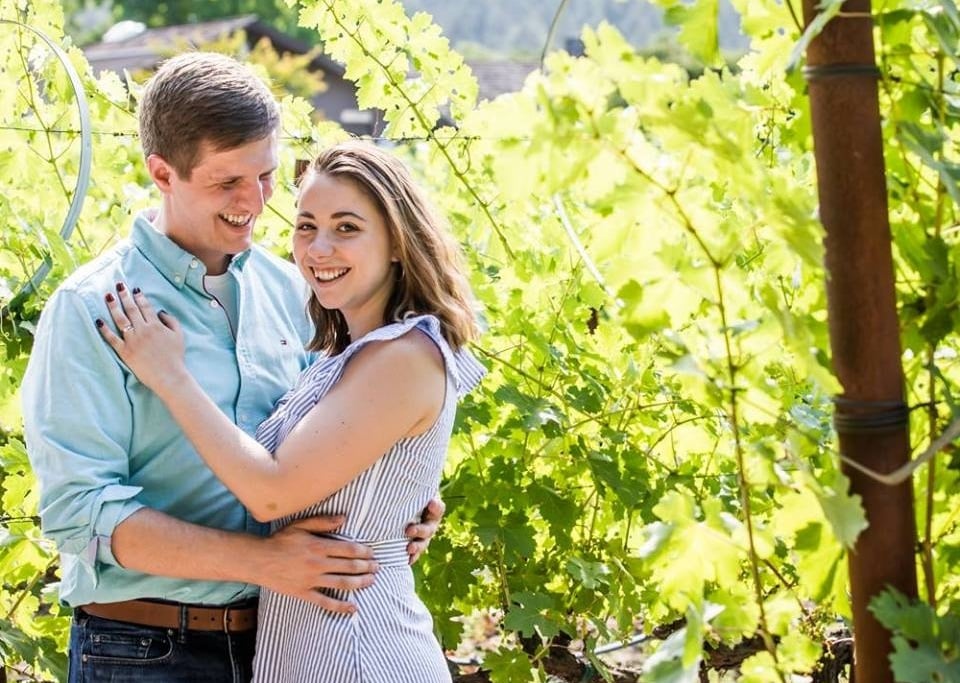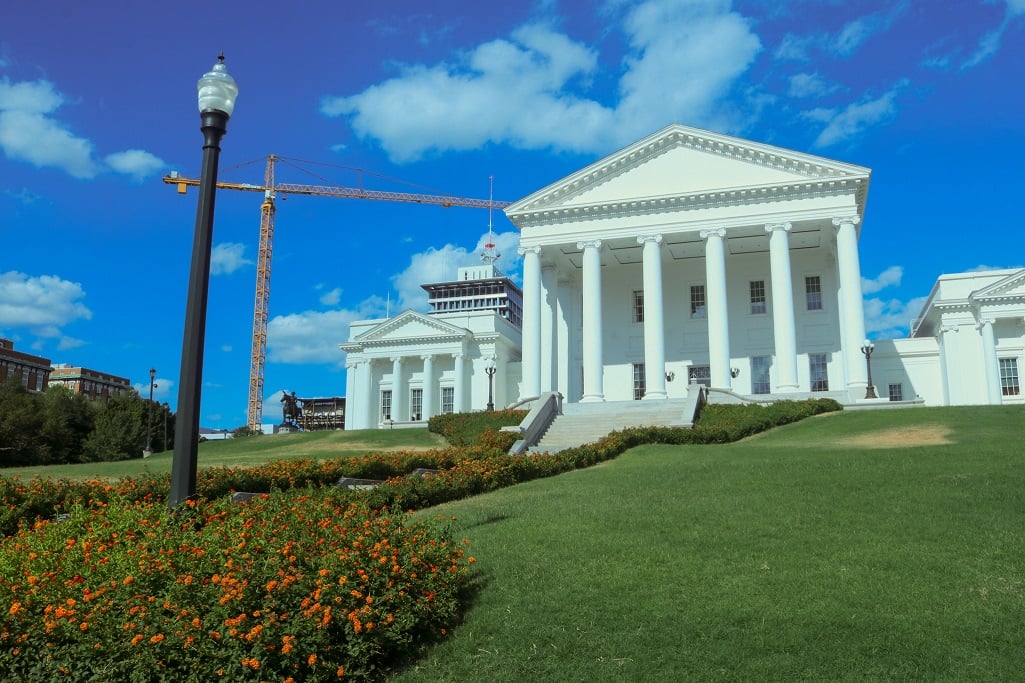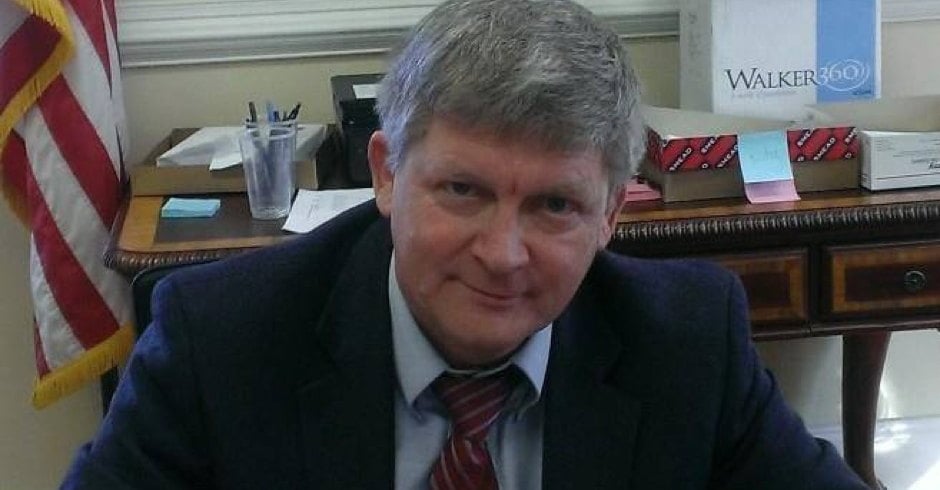By sending letters demanding county clerks cease issuing marriage licenses to same-sex couples, Tennessee attorney David Fowler is setting the stage for a lawsuit challenging marriage equality in Tennessee and beyond. Last week, Tennessee attorney David Fowler sent a...




